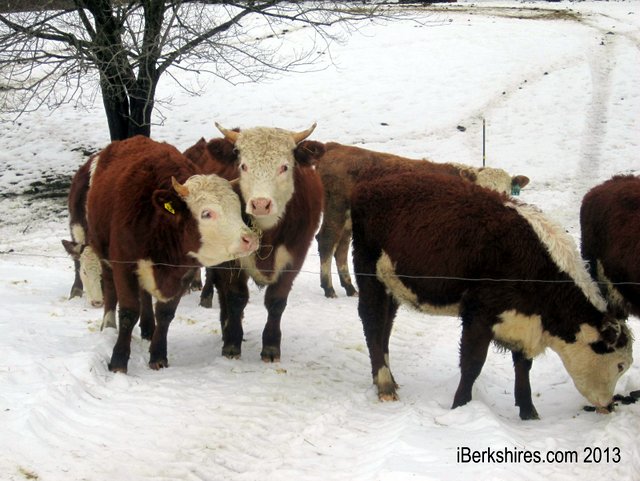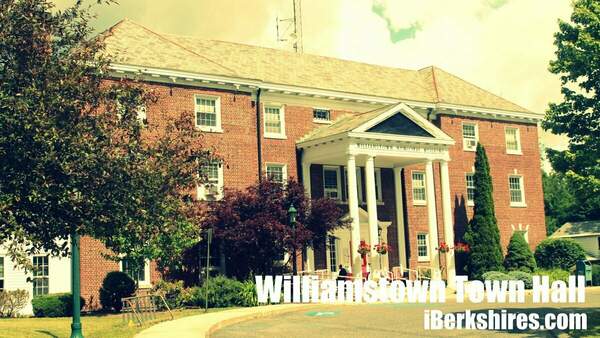Williamstown Ag Commission to Discuss Proposed Livestock Bylaw
 The Board of Health is seeing farmers' input on a bylaw to regulate the housing and space needs of livestock. The Board of Health is seeing farmers' input on a bylaw to regulate the housing and space needs of livestock. |
WILLIAMSTOWN, Mass. — The town's Agricultural Commission on Tuesday evening will take a look at a town bylaw proposal that has been in the works for years.
The Board of Health has a draft proposal titled "Stables and Livestock Keeping," and it is seeking input from the Ag Commission before putting the bylaw on the books.
"It was drafted, I want to say, 10 years ago," Health Inspector Jeffrey Kennedy said. "This was before there was an ag commission."
Kennedy said the Board of Health, which he advises, wants to take advantage of the expertise of the Agricultural Commission.
"This is still basically the draft we initially went by," he said. "I handed it to the Ag Commission as we left it years ago.
"The Board of Health definitely wanted the large professional farmers' input on this."
The bylaw as drafted would impact both professional and backyard farmers.
The five-page document sets guidelines for housing and spacing of different types of livestock, specifying, for example that chickens have a minimum of 3-4 square feet of enclosed space and 10 square feet of exercise yard area.
The bylaw also discusses a prohibition on "drainage or liquid effluent containing urine and/or fecal matter" flowing onto neighboring properties, the proper disposal of dead livestock and the maintenance of "fences, coops, cages, etc. ... to prevent escape of livestock onto public ways, adjacent property, or areas not deemed part of the farm pastures or facilities."
Particularly with the rise of backyard farmers and small farmers, the board wanted to establish "measurable performance standards," Kennedy said.
Agricultural Commission Chairwoman Beth Phelps declined to discuss specifics of the proposed bylaw, but explained why the commission will address it at the panel's 7 p.m. meeting.
"[Kennedy] asked us to review the proposed bylaw to get input from farmers so it would not negatively impact them," she wrote in reply to an email seeking comment. "This is the rationale for the public hearing ... a place to gather farmers for their input before the Ag Comm recommends, opposes or proposes changes to the bylaw before it gets voted upon by the Board of Health."
The Board of Health has the authority to enact the bylaw on its own, without a vote of town meeting.
Kennedy and town Animal Inspector Jacqueline Lemieux will attend Tuesday's meeting.
Tags: agricultural commission, board of health, farming, livestock,
 The Board of Health is seeing farmers' input on a bylaw to regulate the housing and space needs of livestock.
The Board of Health is seeing farmers' input on a bylaw to regulate the housing and space needs of livestock.














